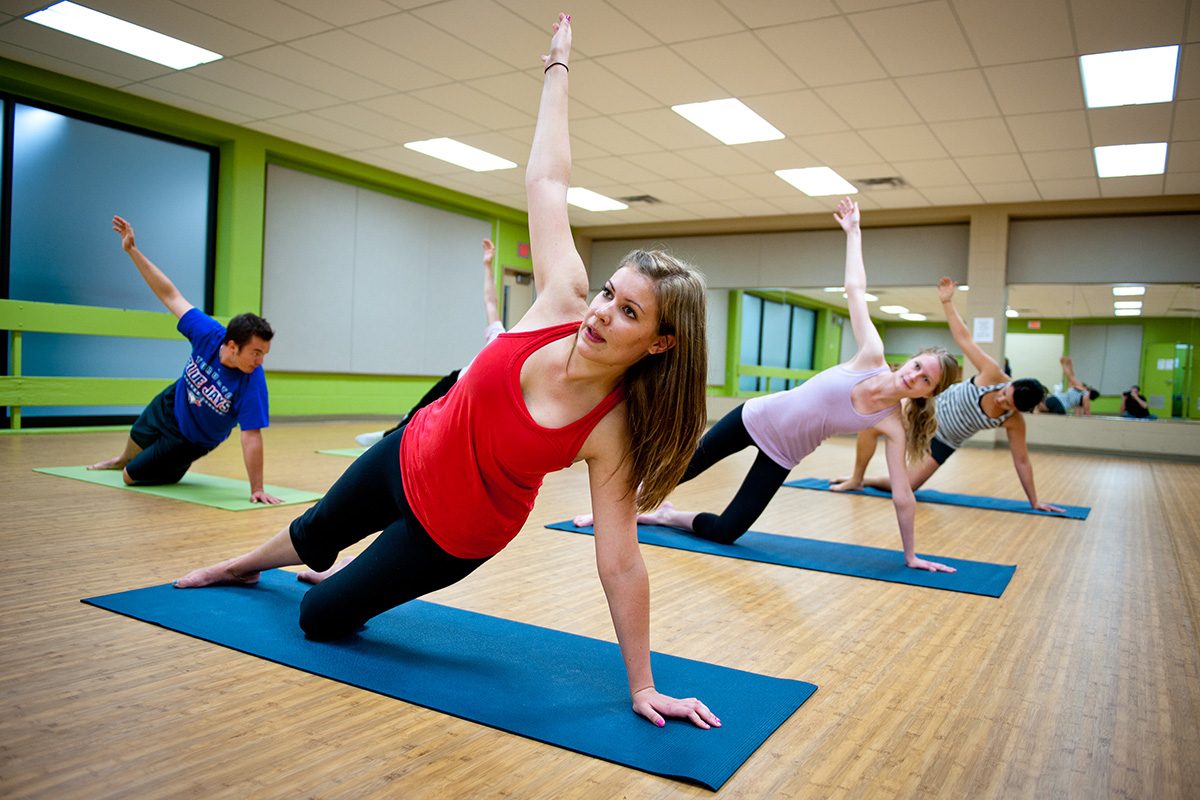Why Exercise is Key to Living a Long and Healthy Life
Experts emphasize the role of physical activity in promoting longevity and well-being
In today's sedentary lifestyle, where technological advancements have made our lives more convenient, experts continue to stress the importance of exercise for maintaining a long and healthy life.
Engaging in regular physical activity has been proven to offer numerous benefits that extend far beyond just physical fitness.
According to recent studies conducted by renowned health institutions, regular exercise has a direct impact on improving cardiovascular health, boosting the immune system, and enhancing mental well-being.
Engaging in activities such as jogging, swimming, cycling, or even brisk walking helps strengthen the heart, reduce the risk of chronic diseases, and maintain a healthy weight. Furthermore, exercise plays a vital role in strengthening bones and muscles, preventing osteoporosis and muscular deterioration that often occur with age.
Weight-bearing exercises, like weightlifting or resistance training, are particularly effective in building bone density and maintaining muscle mass, ultimately leading to improved mobility and reducing the risk of falls or injuries.
Mental health is another key aspect influenced by exercise. Physical activity stimulates the release of endorphins, commonly referred to as "feel-good" hormones, which contribute to reducing stress, anxiety, and depression. Regular exercise also enhances cognitive function, memory, and overall brain health. It can even act as a natural remedy for sleep disorders, promoting better quality sleep. Medical professionals and fitness experts unanimously agree that incorporating exercise into one's daily routine is essential, regardless of age or physical ability.
The World Health Organization (WHO) recommends at least 150 minutes of moderate exercise or 75 minutes of vigorous exercise per week, along with muscle-strengthening activities twice a week. However, it's important to note that starting an exercise routine should be done gradually and with proper guidance to avoid injuries.
Consulting with a healthcare professional or a certified fitness trainer can help design a personalized exercise plan suitable for individual needs and goals. In conclusion, exercise is a critical component of maintaining a long and healthy life.
The benefits of physical activity are far-reaching, encompassing cardiovascular health, immune system function, mental well-being, bone density, and muscle strength. Embracing an active lifestyle not only contributes to longevity but also enhances the overall quality of life.
So, make that first step towards a healthier future and start exercising today!








.jpeg)

